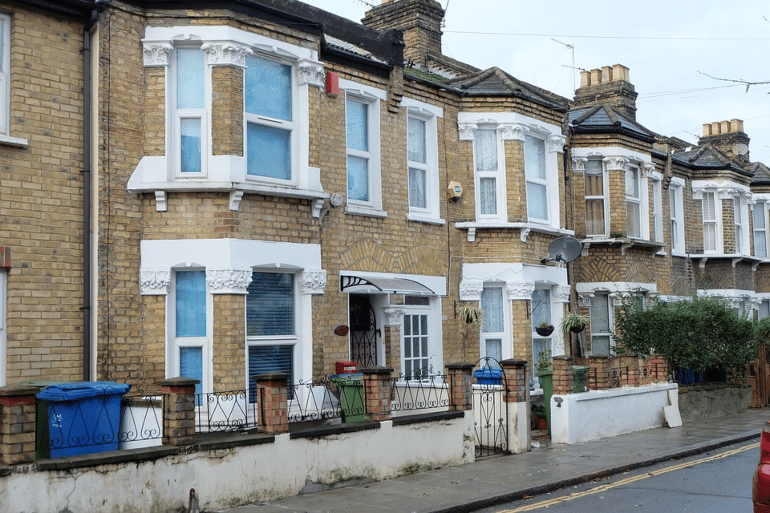A key feature of the UK property market in recent years has been the growing divide between London and the rest of the UK, with the capital increasingly proving far more expensive to buy in.
A factor in this has been demographics. Like other UK cities, a rising urban population has meant high demand and growing pressure on supply.
A key question of late, however, has been whether the upward trend in London’s population that has been in place since the end of the 1980s is going into reverse because of the pandemic. There has been an exodus as many have looked to live outside the metropolis in places with more space indoors and out.
With remote working now the norm for many and 43 of Britain’s 50 largest companies telling the BBC they will not require a full post-pandemic office return, living in the capital may not be so necessary.
This raises the question ‘is now a good time to buy in London, and are yet to get their foot on the housing ladder to do so. As ever, any first time buyer in London will need good advice.
A key issue is the likely trajectory of house prices. In theory, these could fall if there is a continued net decline in population. Alternatively, they could rise if people decide to move back after the pandemic, attracted by the reopening of London’s cultural, entertainment and sporting facilities.
Discussing the question of where UK house prices will go with a panel of experts, iNews found a widespread view that a recent surge in purchases and prices across the UK has been fuelled by the stamp duty holiday.
Among these were Guy Harrington, the chief executive of residential lender Glenhawk, who said “the honeymoon won’t go on forever”, and predicted a “painful” correction later in the year.
Kaan Emin of Apply Mortgages pointed to the end of furlough as a possible factor later this year, suggesting some may lose their jobs when this happens and be unable to staying their homes, leading to distress sales and repossessions that produce an abundance of available lower-priced properties.
The recently-published Nationwide figures for April showed the average house price had surged 2.1 per cent since March, the highest month-on-month rise since 2004. That may be taken as a response to the announcement of an extension of the stamp duty holiday in the Budget in March. If so, it could be unlikely to be repeated in the following months.
Nationwide’s data would certainly provide two elements of cheer for first-time buyers in London. Firstly, as its chief economist Robert Gardner noted, the build-up of savings by those whose incomes have been sustained during the pandemic “will help more first time buyers to enter the housing market” by providing more funds for deposits.
Secondly, the latest Nationwide regional figures, produced in March, showed that London had seen the weakest price growth in the first quarter of any UK region, at 4.8 per cent.
So whether it is London’s market weakness and demographic decline, the government help available for first-time buyers or the prospect of increased supply later this year, now may be a very good time for first-time buyers in the capital to seek mortgage advice.







